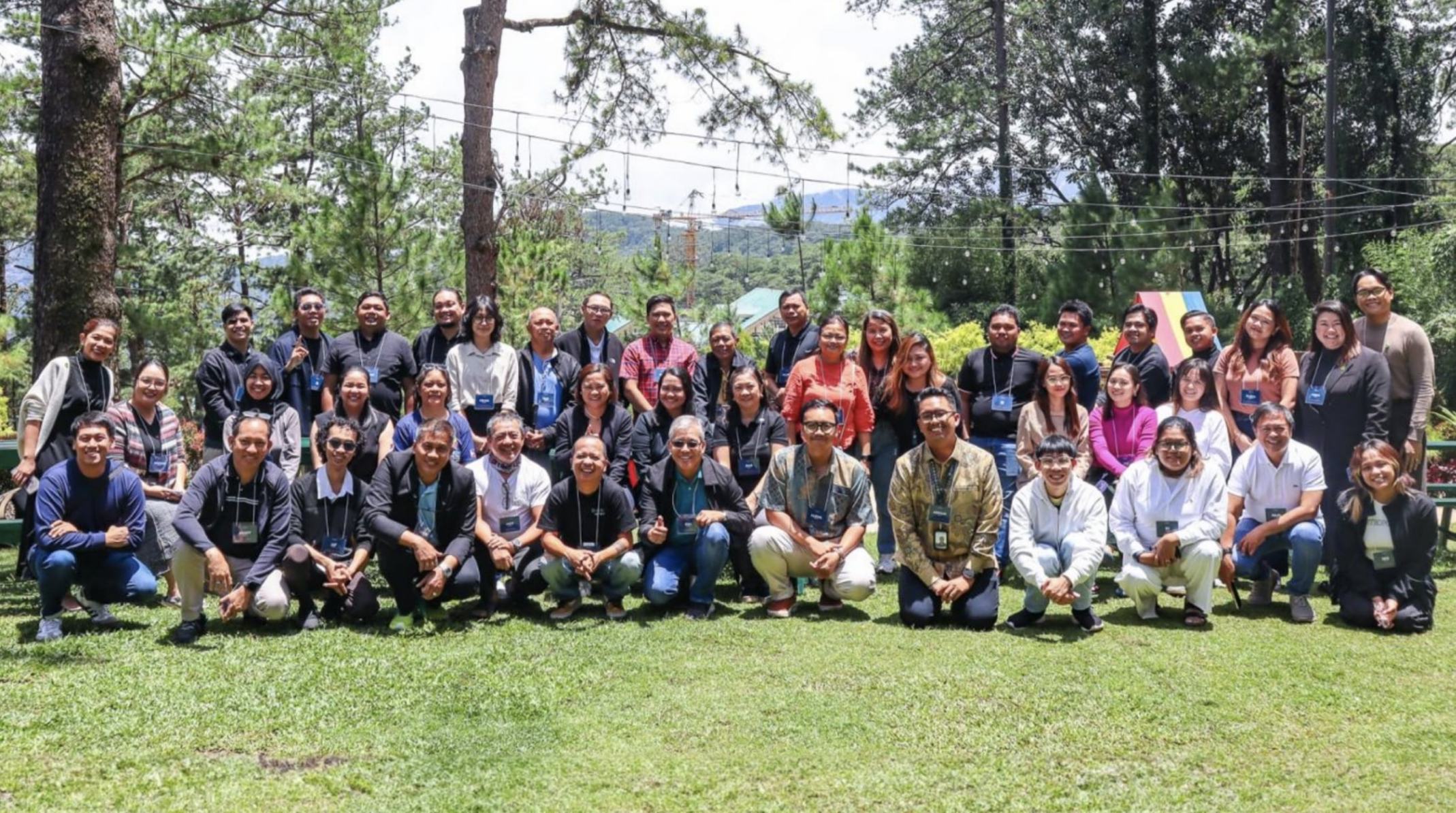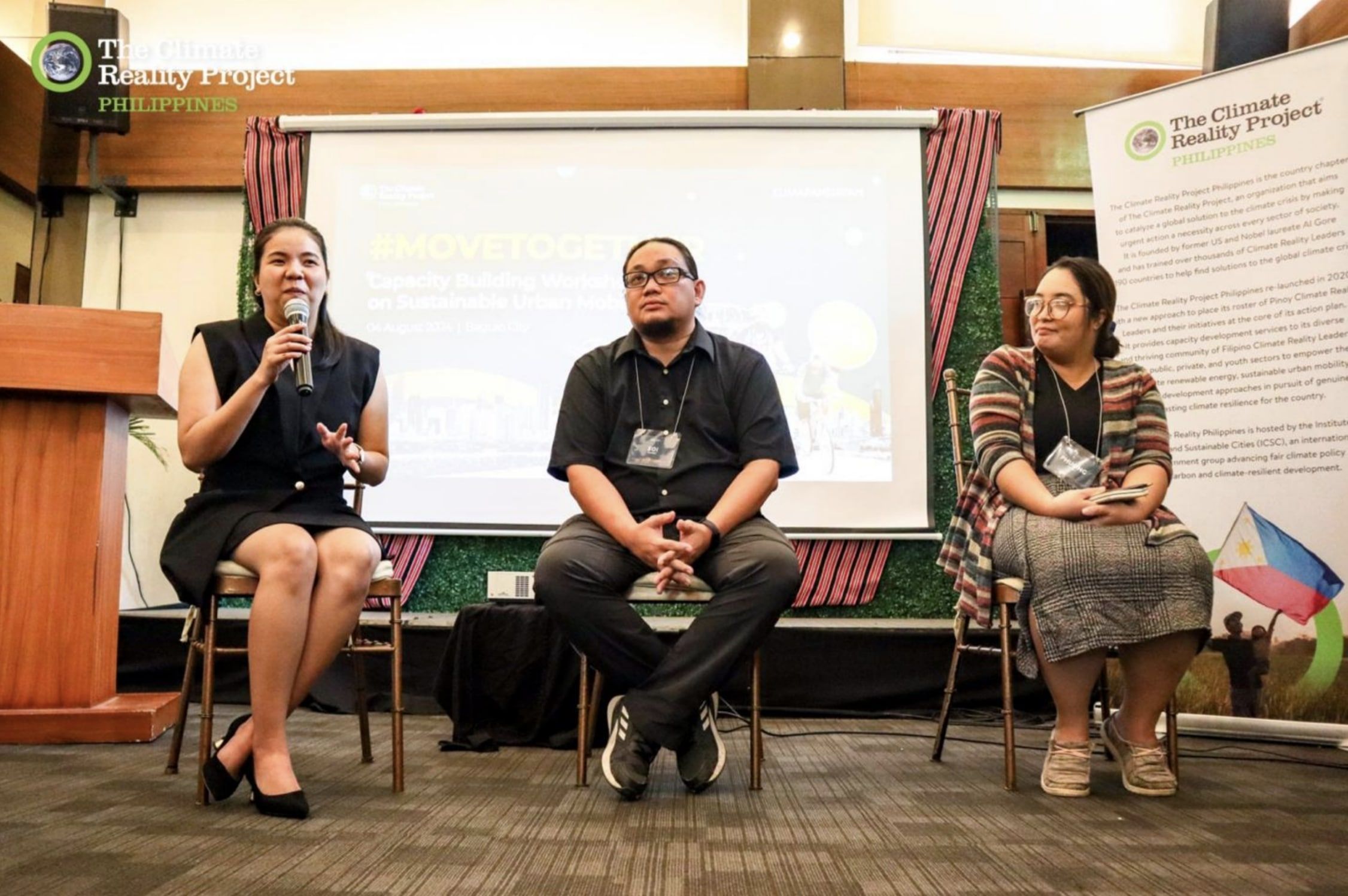Building a sustainable future for Philippine cities
The Philippines stands at a pivotal moment in its urban development. Rapidly expanding cities hold immense promise but face severe challenges: crippling traffic congestion, hazardous air pollution, and inadequate transportation options. These issues mirror a global imperative to forge cities that prioritize both human well-being, environmental sustainability, and climate action.
Fortunately, a growing number of city leaders, advocates, and citizens is rallying around a shared vision of safer, more accessible, and sustainable urban environments in the Philippines.

Infrastructure for walking, cycling, and public transport
Central to this vision is the creation of interconnected transportation systems. While ambitious infrastructure projects like rail lines are essential, their effectiveness depends on a robust network of feeder systems. Buses, jeepneys, and other public transport, as well as non-motorized options like walking and cycling, must seamlessly connect people to and from these major transit hubs.
"A lot of [the ongoing] rail projects are great, but they will fail severely if there's no feeder service," emphasized Ira Cruz of AltMobility PH. This highlights the importance of a holistic approach to urban planning that considers all modes of transport and their integration.
Many Philippine cities, however, are designed with cars in mind. This car-centric mindset creates a hostile environment for pedestrians and cyclists. "Our cities are not designed in such a way that it's comfortable," Cruz added. "So what happens is, because our cities are terrible, [like our public transportation and our sidewalks], you're now creating an unnecessary demand for motorized transportation."
This vicious cycle of poor public transport, unsafe infrastructure, and traffic congestion perpetuates itself. To break this cycle, Philippine cities must invest in safe and connected infrastructure for walking, cycling, and public transport.

Data-driven approach to sustainable mobility
To make informed decisions, cities need data. A recent workshop organized by The Climate Reality Project Philippines held in Baguio City brought together representatives from 17 Philippine cities (Antipolo, Bacolod, Baguio, Butuan, Cagayan de Oro, Cebu, Davao, Dipolog, Himamaylan, Iloilo, Muntinlupa, Naga, Ormoc, Quezon City, Tacloban, Tacurong, and Tagbilaran) to commit to collecting baseline data on bicycle and pedestrian usage by 2025.
This crucial information will inform the development of policies and investments that will create safer, more inclusive, and climate-resilient urban environments.
Iloilo City and Quezon City are leading the charge. Both cities, recognized for their efforts in promoting active mobility, emphasized the importance of data-driven decision-making, using bicycle counts and a robust stakeholder consultation system to inform infrastructure improvements.
Alyanna Mae Bernadette of the Quezon City Government and Wilfredo Sy, Jr., of the Iloilo City Architect Office also shared their best practices during the workshop. They underscored the need for inter-city cooperation and harmonized policies within metropolitan regions.

Our cities, our future
The future of Philippine cities depends on our ability to create transportation systems that serve the needs of all citizens. By investing in interconnected infrastructure, promoting active mobility, and empowering communities, we can build cities that are healthier, more equitable, and more sustainable.
As the proverb goes, "We don't inherit the earth from our ancestors; we borrow it from our children." It is our responsibility to create a future where our children can move freely, breathe clean air, and thrive in vibrant, livable cities.
The MoveTogether movement is a step in the right direction. It is a call to action for city leaders, policymakers, and citizens to work together toward a shared vision of a sustainable future.
Are you ready to join the movement?